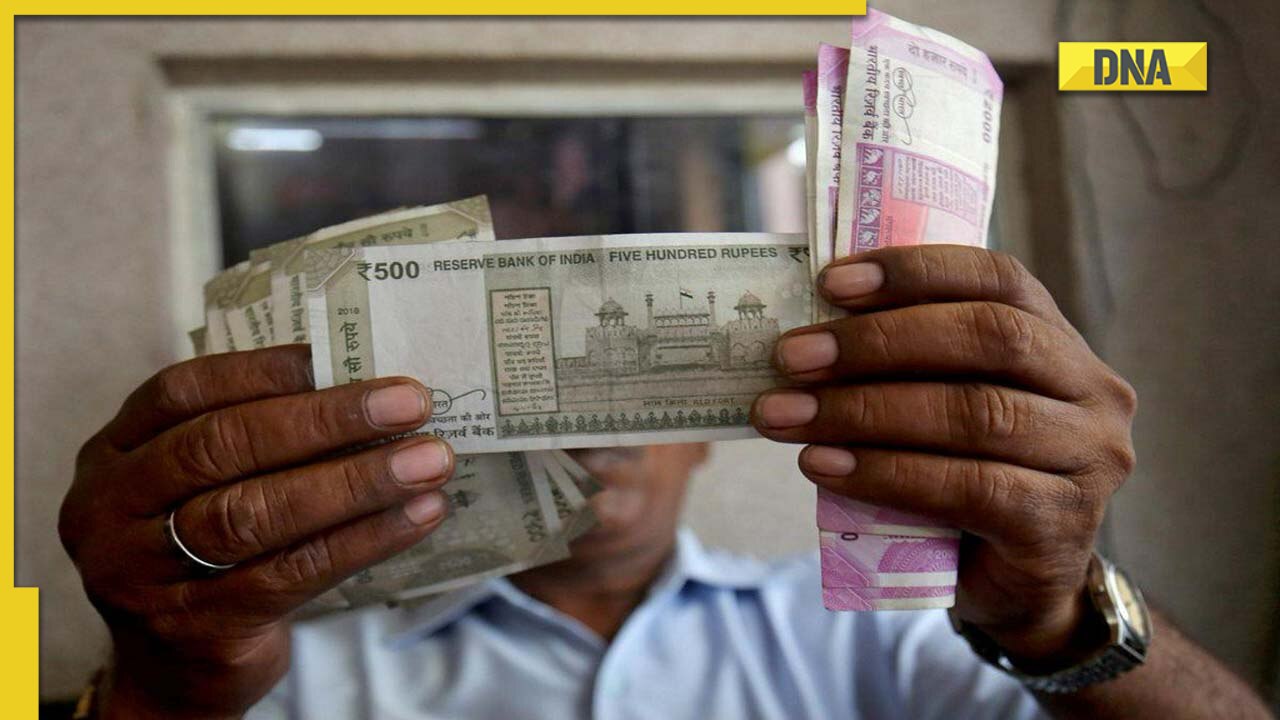
- Select a language for the TTS:
- UK English Female
- UK English Male
- US English Female
- US English Male
- Australian Female
- Australian Male
- Language selected: (auto detect) - EN
Play all audios:
Laura Powell 16 October 2021 5:00am BST ‘On 21 October 1966, I left Merthyr at 9.15am and was on my way to Pontypridd. We’d had four days of torrential rain and that morning it was misty so
you couldn’t see far. Several emergency vehicles passed and I thought: another colliery accident. That often happened. But as I continued on my way, something kept niggling me. I took no
notice at first but this – I can’t say a voice, but some thought – kept repeating, ‘You must turn back’. I did and at the bottom of the hill, police stopped me, so I had to leave my car and
walk into Aberfan. It dawned on me that something terrible had happened. In the village it was a hive of activity, miners and men from the Hoover factory were frantically working on a huge
pile of slurry, which had enveloped the school. I thought, ‘There’s plenty of men here, I’m a minister, I must go with the people.’ So I went to the women standing in the street. Many of
them were in shock and could only talk about what they’d had that morning for breakfast or saying things like, ‘I wish I didn’t send him to school this morning – he said he had a headache
and I thought he was putting it on.’ We still didn’t know the scale of it, I thought the children would be rescued. Then bodies started coming out and were taken to Bethania Chapel, which
was full of nurses and Red Cross workers who had to clean them up. That was a terrible thing for them to have to do, so I stayed there, trying to give some comfort. It’s hard to think about
now it brings the tears – but it was a terrible thing, cleaning up these little bodies. It wasn’t until the evening, when more and more came in, that I realised the immensity. I spent all
night at the chapel; these bodies were laid out on pews, covered with blankets and the fathers came in to identify their children. I knew many of them as I was visiting chaplain at the
Hoover factory. They would lift the blankets, lift another blanket, then when they came to their child… Well, it was tears all round. We cried together. Afterwards I called it, ’the ministry
of tears’. On Saturday, I thought I’d spend another night there but my friends from a church in Cardiff had come up to help and found me [in a state] so they bundled me into a car and took
me home, put me to bed. I was very tired, still in shock but I slept like a log, then I was down again on Sunday morning because we had an 11 o’clock service. We called it a faith recovery
service. Of course, everything that had happened shook my faith, just as it did others, especially the men. But there’s a difference between shaking and destroying faith. It’s like a tree,
some of the leaves might fall off, but if it’s well rooted... The other local ministers and I, all of different denominations, would pray together and we each allocated a group of people to
visit. You’d just let them talk. You can’t very well say ‘everything'll be all right’. I knew it wasn’t going to be. Part of the strain was between the parents who lost children and
those whose children had survived; they felt guilty, embarrassed. Things never went back to normal of course, but people were less distressed by the summer, so we started a children’s
holiday camp. Toys had been donated, we even had a big swimming bath and we got the fire brigade to fill it up, then someone came from the council and said, ‘this is a health hazard’. Banner
– What now for Aberfan Before the disaster we’d had a Monday-night children’s meeting, Sunshine Corner, where we sang choruses, I’d play the piano-accordion and tell stories. There were 40
or more children. We lost over 20 of them that day, and also those from the Sunday School. Children are very resilient, though, it’s surprising. I put together a story to try to comfort
them; it was about Billy Blackbird who lost his dear friend Tommy Thrush while he was singing in the trees and the story continued until Billy Blackbird came to terms with his loss. We had a
special chorus we used to sing too. _"Away far beyond Jordan_ _We’ll meet in that land_ _Oh won’t it be grand_ _You sang it with gusto. I wanted them to feel that the other children
weren’t lost." _ My son and daughter went to a school in Merthyr Tydfil and somebody once said to me, ‘Aren’t you glad you didn't lose them?’ And I said, ‘I lost nearly 50 children
and I was father in God to them all.’ That was how I saw it, they were all my family. I’ve never told anyone this but sometimes I’d wake up in the middle of the night in floods of tears.
I’d find myself sitting up in bed, weeping. Many nights that happened. People say, ‘You should have therapy,’ but I say, tears are there to be shed. And if Jesus can cry, I don’t feel
ashamed to. In 1970 I left Aberfan and moved to Hastings – Methodist ministers were expected to keep moving and I’d done seven years, the maximum. I didn’t like leaving them but things had
settled down, though you obviously never forget. I last returned to Aberfan for the 50th anniversary and led the service. Some of the girls from Sunshine Corner, in their 60s by then, queued
up to give me a hug, and oh it was lovely. The village had changed somewhat, though. The colliery had gone. A lot of people I’d known had died. As with all terrible tragedies, eventually
another generation comes along, and of course people forget. But I’ll always be thankful for the time I had with the children of Aberfan. _Reverend Irving Penberthy, 90, is minister at
Oakehampton Fairplace United Church. He has two children, six grandchildren and five great grandchildren. He lives in Devon._ 55 YEARS ON: WHAT THE CHILDREN OF ABERFAN SAY ABOUT REVEREND
IRVING PENBERTHY * DENISE MORGAN: ‘Though I was only 11, I could relate to him as a young child. I can still see him singing all these songs. He was calm and he gave you that calmness. He
was happy, he wanted everyone to be that way.’ * DAVID DAVIES: ‘He was a big player in the recovery of the village by setting up youth groups through the church.’ * GAYNOR MADGWICK: ‘He kept
that sunshine spirit in the children. We were so traumatised, he took away that trauma. He helped me. Lovely, lovely, lovely man.’








